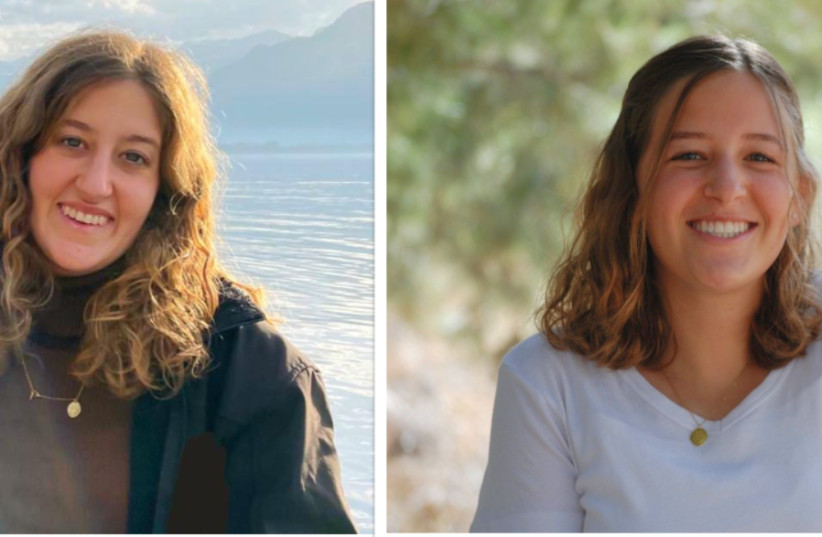“In every generation, they rise up to destroy us. But the Holy One, blessed be He, delivers us from their hands.”
It is one of the more morose passages in the Passover Haggadah, laden with the weight of Jewish experience. And generation after generation, those who wish to rid the world of Jews have seemingly sought to confirm its validity on the holiday itself.
The medieval blood libel – the viciously preposterous lie that Jews use the blood of Christian children for ritual purposes – centered on preparations for Passover, when Jews were alleged to have used the blood to prepare matzot. Historian Walter Laqueur recorded some 150 cases of blood libel throughout the ages. “In almost every case,” he wrote, “Jews were murdered, sometimes by a mob, sometimes following torture and a trial.”
In 1903, on the seventh day of Passover, a bloodthirsty mob rampaged through Kishinev (modern-day Chișinău), driven by reports that two Christian children had been murdered by the Jewish community for the preparation of matzot. Dozens of Jews were murdered, Jewish women were raped, and Jewish homes and businesses were pillaged and destroyed. The Kishinev Pogrom, as it came to be known, drew the world’s attention to the plight of the Jews in the Russian Empire and drove increasing numbers to seek refuge in the West and in Palestine.
In 1943, on the eve of Passover, the Nazis started the liquidation of the Warsaw Ghetto and its remaining Jews. A contemporaneous JTA report described “the streets of Warsaw echoing to the shots of the Nazi murderers and the shrieks of the victims.” The ghetto defenders were overwhelmed as thousands of Waffen-SS troops fanned out, torching and blowing up the quarter’s buildings before demolishing the city’s Great Synagogue. 56,000 Jews were either murdered or deported to death camps.

In 2001, on the first night of Passover, a Hamas suicide bomber walked into the Park Hotel in Netanya, made his way to the hotel dining room, and blew himself up, murdering 30 Jews as they attended a Seder. The dead included numerous Holocaust survivors, several couples, and a father and daughter. The youngest victim was 20 years old.
This past week
And then, of course, this past week. Thousands of Israeli families started Passover huddled in bomb shelters as dozens of rockets from Lebanon and Gaza rained down on northern and southern Israel. On Friday, the second day of Passover, 20-year-old Maia and 16-year-old Rina Dee were shot dead as they drove through the Jordan Valley; their mother, who was also in the car, remains in critical condition. Then, on Friday night, a terrorist drove his car onto Tel Aviv’s beachfront promenade, killing 35-year-old Alessandro Parini, an Italian tourist, and wounding several others.
No words can console the families of the latest victims of terror, just as they were unable to offer comfort to the families and communities devastated by the Passover atrocities of earlier generations.
But while our foes throughout the ages may have chosen our festival of freedom to target Jews as they gathered to celebrate their ancestors’ liberation from bondage, the coming weeks will illustrate how far we have come.
Indeed, these sacred weeks are a microcosm, a contraction of the Jewish experience. We commemorate the Exodus from Egypt at Passover, remember the victims of the Holocaust on Yom HaShoah, mourn our fallen soldiers and victims of terror on Yom HaZikaron, and then celebrate the reconstitution of Jewish sovereignty on Yom HaAtzma’ut – Israel’s 75th Independence Day.
While the Jews of previous generations were largely at the mercy of others, Israel’s security forces have been active throughout the past few days, pursuing the perpetrators of the latest attacks, carrying out airstrikes against those who planned them, and working diligently to prevent further violence. Our enemies know that they will be sought and eventually brought to justice.
As we mourn the latest victims and pray for the wounded, we strengthen the hands of our servicemen and women and find some small measure of comfort in the knowledge that the Jewish people will never again be powerless against those who wish them ill.
